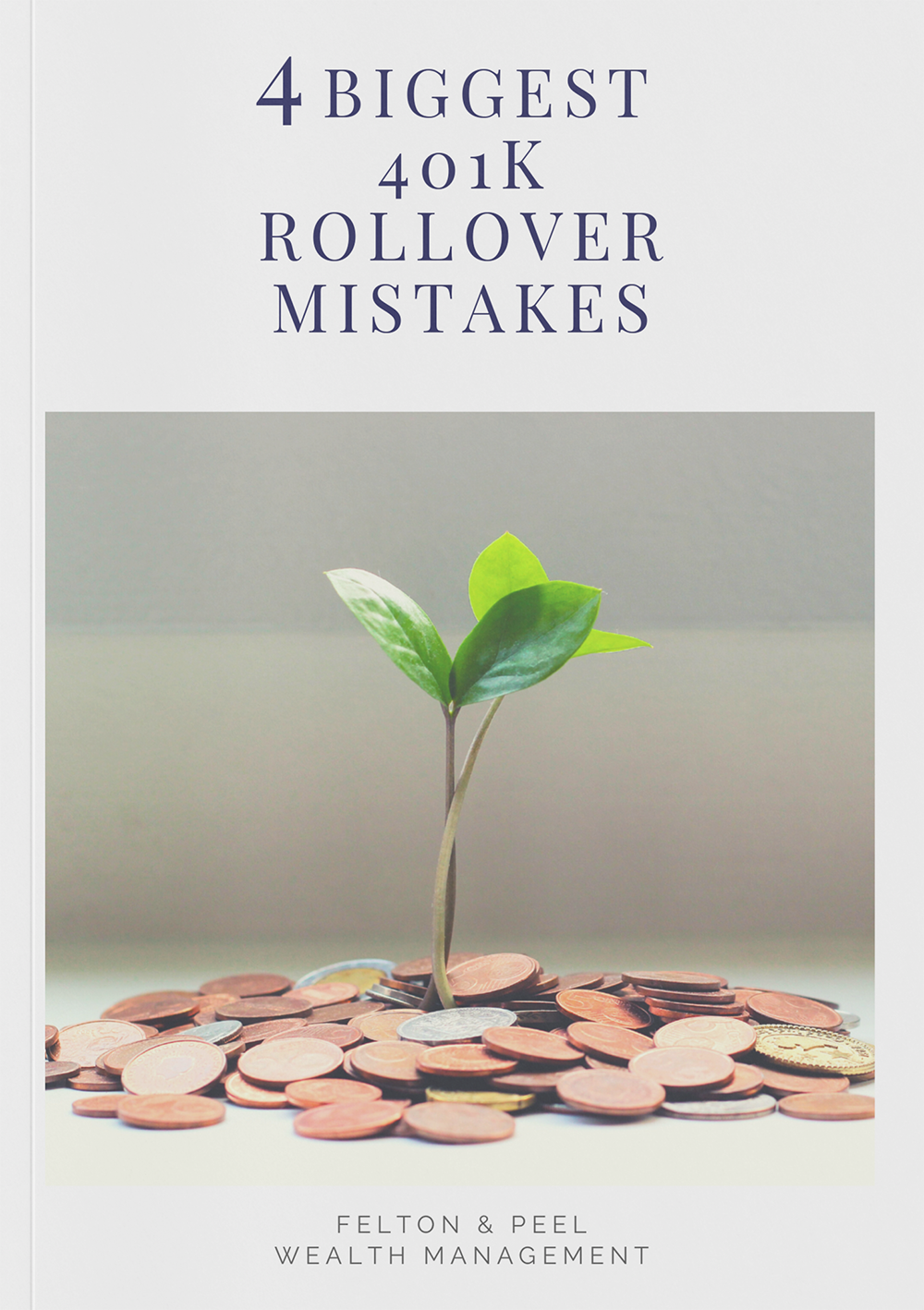
Inflation vs. Lifestyle Creep: What’s Really Breaking Your Budget?
Lately, there seems to be a little more than just coffee brewing in many American households. With inflation bringing spending decisions to the forefront, a budgeting war is also bubbling in kitchens across the States.
The cause of the war? Determining whether inflation or lifestyle creep is responsible for creating discord in our daily budgets—and, ultimately, putting holes in our wallets. Although it’s true inflation has reached 20-year highs recently, could it also be a scapegoat for spenders? Is lifestyle creep hanging in the shadows without being named as the real villain? Is it a combination of both? Read on to help unmask the true culprit(s)!
Taking a Second Look at Inflation
Inflation can be caused by a variety of factors. Five of the key standouts are:
- an increase in wages
- an increase in the price of raw materials
- an increase in taxes
- a decline in productivity
- an increase in the money supply
Let’s dive a bit deeper into that last one.
During the pandemic, American households received more than $814B in financial relief. And it’s estimated that more than $5T in total was dispersed into the economy during that same time to provide relief to not only households, but also to mom-and-pop shops, restaurants, airlines, hospitals, local governments, schools and other institutions around the country.
As the money supply increased, so did our spending. We even saw interest rates reach record lows, encouraging—you guessed it—even more spending!
As Americans began spending more money on discretionary and non-discretionary goods, a few things happened. One of the more predictable effects was that prices increased—which is a textbook dynamic. It’s a basic law of economics: As more money is available to be spent on goods, demand increases, and if the supply fails to increase (either due to a decline in productivity or an increase in the price of raw materials, as mentioned earlier), prices will also increase. And when people complain about inflation these days, they may indeed be referring to this exact cycle.
But the increase in cash caused another, less-predictable effect, as well: Americans became used to a lifestyle of overspending. With the unprecedented Federal stimulus, many Americans had access to funds they didn’t previously, and many began to “afford” lifestyles they actually couldn’t.
Learning How to Recognize Lifestyle Creep
The key to buckling down on your budget and reining in your spending is sorting out where inflation ends and lifestyle creep begins. Put simply, lifestyle creep occurs when an individual’s standard of living improves as their discretionary income rises. Spending on nonessential items starts to feel like a need rather than a choice.
In short, former luxuries become new necessities.
For instance, that extra $40 per month streaming subscription begins to look more attainable in addition to the other five you’ve already enrolled in (and forgotten about). Food delivery services may become your daily norm, even if you have a refrigerator full of groceries.
To identify lifestyle creep, we sometimes have to take a hard look at ourselves (and our budgets) in the mirror. Be as honest as you can: What’s causing this overspending? Is it really inflation? Or is it that you’ve gotten comfortable with a lifestyle you cannot afford? No matter the reason, many Americans are learning rather quickly that they must change their budgeting and spending for the better.
What’s the Solution?
One way to mitigate overspending is to make a backwards budget. Since we are near the beginning of the year, it’s a perfect time to reassess your spending: You have a full 12 months of the previous year’s data to work with.
You can analyze a year’s worth of your bank statements and extract all the nonessential items like subscription services, food delivery and takeout, or excess spending on clothing or vacation. (Budgeting apps that allow you to create categories for repeated expenses can make this process a lot easier.)
From there, you can nail down the sum of your essential expenses: housing, transportation, grocery costs, insurance, and savings. Once you have these figures, you can compare your current essential expenses to what you spent on those costs before.
Now, it’s a little easier to determine which expenses are influenced by inflation—and which are likely instances of lifestyle creep. Spending more money on your gas bill or homeowner’s insurance is one thing, but spending more on transportation because you now have an additional car loan on a luxury-brand vehicle is another.
Once you have your essential and nonessential expenses in their respective buckets, reconstruct your budget for the year and set reasonable goals for yourself. You may want to gradually reduce your non-essential spending each month, or even take a weekend to cancel subscriptions or services which no longer are necessary.
Also, the ultimate benefit in constructing a reverse budget is that your first expense should be you paying yourself first. Saving, whether its’ to your retirement account or emergency reserve, is essential.
While simple, it’s by no means easy! The key is to remain realistic, diligent, and to persevere in the face of adversity (i.e., make dinner instead of order Thai takeout). Raising your awareness is half the battle.
All in all, fighting inflation alone is difficult, and recognizing lifestyle creep is an entirely new concept for many. A knowledgeable and experienced financial advisor can help you survive the storm. Our advisors at Felton & Peel Wealth Management are here to assist you every step of the way. Schedule a consultation with us today.







